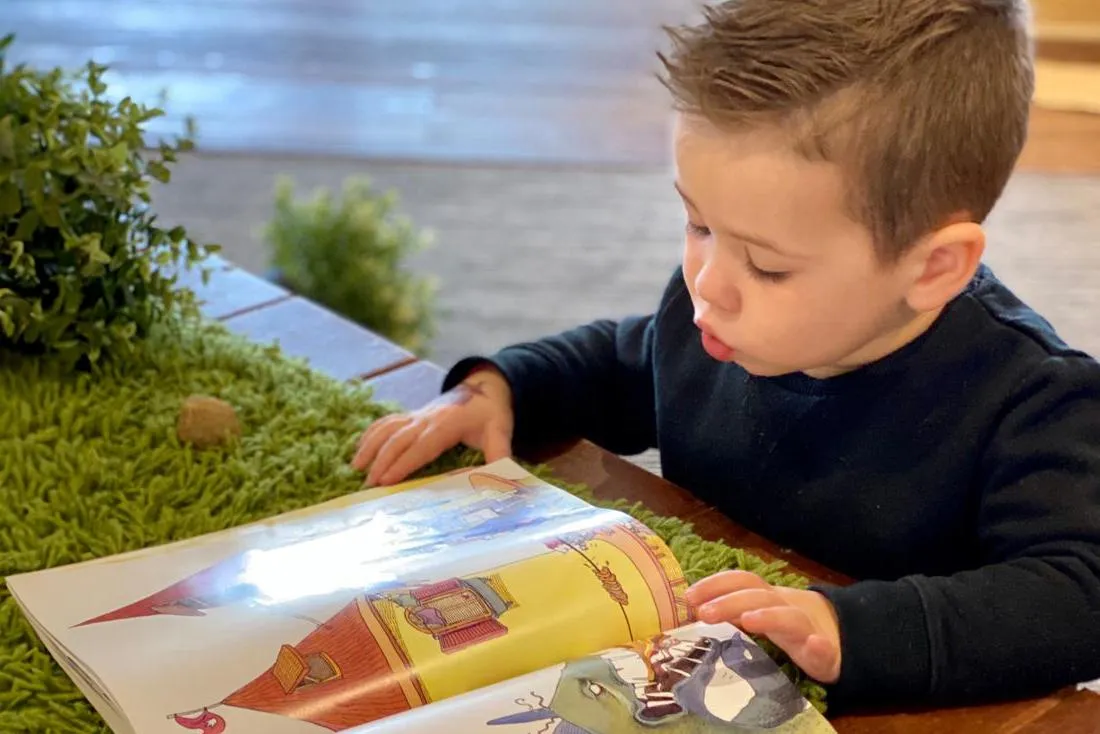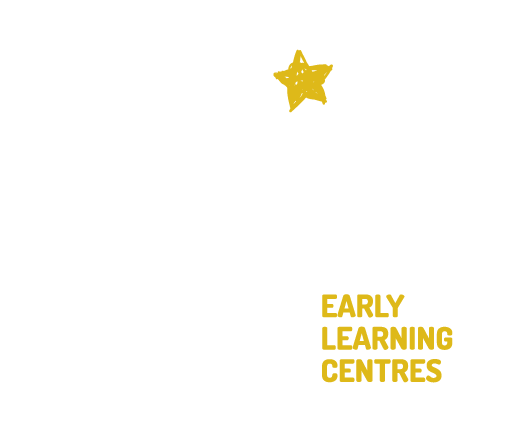Our Insights
Understanding Your Child Better
Our Insights
Understanding Your Child Better
Our Blog

6 Surprising Benefits Of Reading To Children
Sharing stories, talking and singing every day helps your child’s development in lots of ways.

6 reasons why you should start reading to your children
Reading to your children can:
Help your child get to know sounds, words and language, and develop early literacy skills.
Learn to value books and stories.
Spark your child’s imagination and stimulate curiosity. Creating, imagining and innovating is one of the 12 habits of mind that will build a child’s confidence.
Develop your child’s brain, social skills and communication skills.
Able to differentiate between ‘real’ and ‘imaginary’.
Help your child understand change and new or frightening events, and also the strong emotions that can go along with them.
Sharing stories with your child doesn’t mean that only just have to read the book.
Just by looking at books with your child, you can be a great storyteller and a good model for using language and books. Your child will learn by watching you hold a book the right way and seeing how you move through the book by gently turning the pages.
Reading stories to your children has benefits for grown-ups too. The special time you spend reading together promotes bonding and helps to build your relationship.
When should you read to your children?
Bedtime, bath time, on the train, on the bus, in the car, in the park, in the pram, when they’re still in your tummy and when you’re in the GP’s waiting room … any time is a good time for a story! You can make books part of your daily routine – take them with you to share and enjoy everywhere.
Knowing when to stop can be just as important as finding the time to share a story in the first place. Pay attention to your child’s reaction to the story, and stop if they don’t seem to be enjoying it like they usually would be. You can always try a book, song or story at another time.
What if I don’t have a book with me?
If you don’t have a book or can’t make up a story on the spot, don’t worry. There are many other ways you and your child can share letters, words and pictures. For example, you can look at:
Food packages at home or in the supermarket, can children recognise the item?
Clothing – what does it say on the t-shirt? What colour is it?
Letters and catalogues in the mail – what do they say? Who sent them? Where are they from?
Signs or posters in shops, or on buses and trains – point out signs that have the same letters as your child’s name.
Menus – it can be fun for older children to look at menus and work out what they want to eat.
More Reasons to Read to your children!
Studies show that the frequency of reading to children at a young age has a direct effect on their schooling outcomes, regardless of their family background, home environment or parenting methods.
Reading to your children every day will have a significantly positive effect on their reading skills and cognitive skills later on in their life.
Children who have been read to more frequently by age 5 are shown to achieve higher scores on the National Assessment Program – Literacy and Numeracy (NAPLAN) tests for both Reading and Numeracy, which is tested in Year 3.
It is proven that children who read more frequently at an early age enter school with larger vocabularies and more advanced comprehension skills (Mol & Bus, 2011). Research has found that reading storybooks to children is one of the most important activities for developing the knowledge required for eventual success in reading. Reading to pre-schoolers has been found to be related to language growth, emergent literacy and reading achievement. (Bus et al., 1995). In addition, reading to children also stimulates them to read books themselves and further develop their cognitive skills (Canoy et al., 2006).

Start reading to your children now!
Here are some of our favorite books:
Hungry Little Caterpillar by Eric Carle
Macca The Alpaca by Matt Cosgrove
The Gruffalo by Julia Donaldson & Alex Scheffler
One Fish, Two Fish, Red Fish, Blue Fish by Dr Seuss
Where is Green Sheep by Mem Fox
Rudie Nudie by Emma Quay
Room on the broom by Julia Donaldson
Green Eggs & Ham by Dr Seuss
Wombat Stew by Marcia K Vaughan & Pamela Lofts
We’re Going on a Bear Hunt by Michael Rosen & Helen Oxenbury
You can either find these books at bookstores near you, or shop from the comfort of your home.
Alternatively, there are a lot of free books that you can find online.
“The more that you read, the more things you will know. The more that you learn, the more places you’ll go.”
– Dr Seuss


